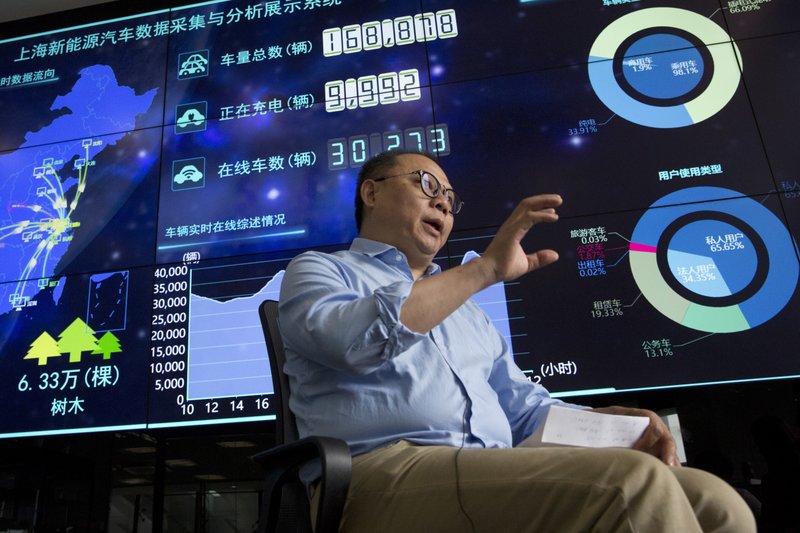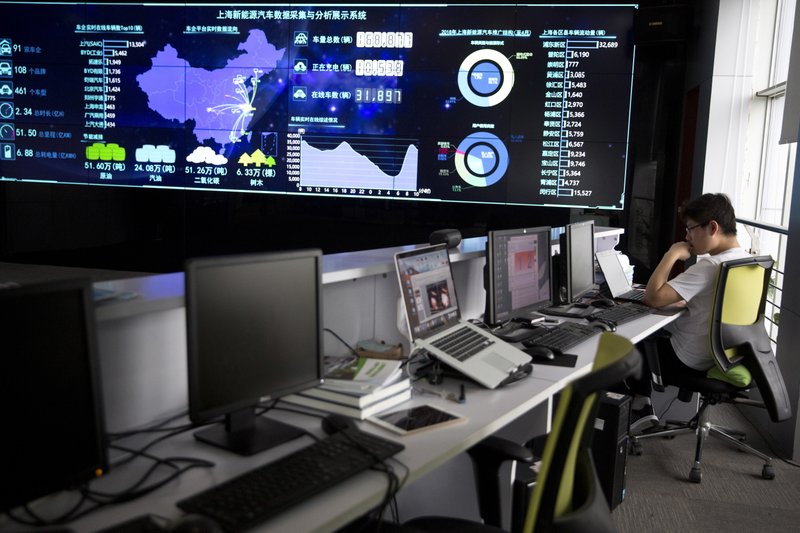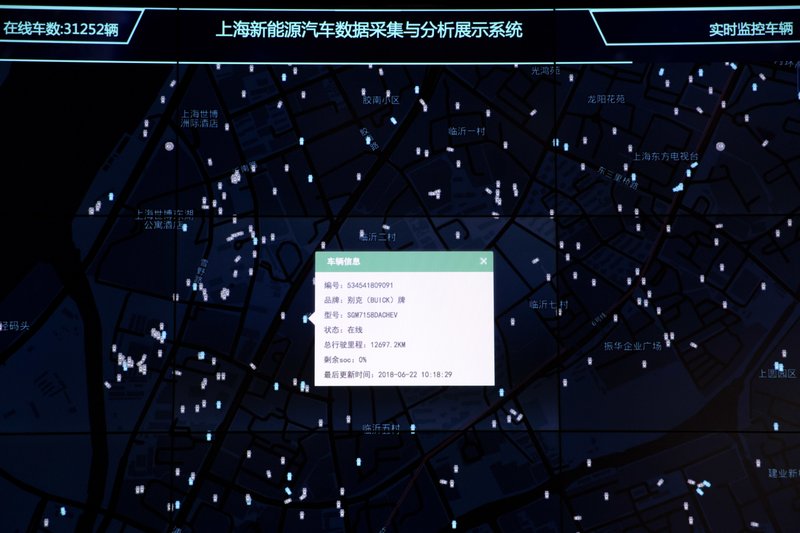Chinese authorities are collecting information from electric vehicles of citizens of the country

Source: AP
The Chinese authorities have a lot of tools to monitor the citizens of the country. Face recognition systems, a lot of cameras on the roads, authorization in instant messengers and web services — all this allows officials to know what a citizen is doing at a particular point in time.
Now electric cars have been added to the number of these tools. It turns out that almost all manufacturers of such vehicles are obliged to embed systems that send the authorities information about the location of the vehicle, its speed and direction every 30 seconds to the authorities. This innovation is being introduced in full compliance with the laws and standards that have been adopted in China over the past few years.
And it's not just about purely Chinese electric cars - Tesla is also subject to the laws of the country. Many buyers of new cars simply do not know about the monitoring system built by manufacturers. For example, Zheng Xunhua bought Tesla Model X without knowing anything about the monitoring of an electric vehicle by the authorities.
')
More than 200 vehicle manufacturers are subject to Chinese law, including Tesla, Volkswagen, BMW, Daimler, Ford, General Motors, Nissan, Mitsubishi, and many other companies. Customers, as a rule, no one informs and they remain in the dark about this innovation.
Officials say they use data to increase the safety of pedestrians and motorists, to optimize industrial production and infrastructure planning, and to avoid the possibility of fraud by automakers who receive benefits from the state.
However, all this information can easily be used for other purposes - for example, locating a particular person. It may well be that the next-generation electric cars will send more personalized data to the authorities - for example, what a person was looking for in the navigation system, with whom he meets, what locations he visits.

Source: AP
The center, in which data from electric vehicles flows, is located in an inconspicuous building. The office has a huge screen on which the location of the electric vehicles is displayed - and the picture is not static, everything is constantly changing, in accordance with the location changes of the machines. If you click on one of the car points, you can get all the necessary data about the vehicle, including the model, speed, mileage and battery balance.
At present, the center monitors approximately 222,000 vehicles - and this is only information from Shanghai. The deputy head of the center says that the data is used to improve traffic planning and other goals related to traffic optimization. In total, an electric car transmits about 61 data of different types. According to the law of 2016, the electric vehicle must transmit data to the manufacturer, and that to the state authorities.

Source: AP
In all of China, there are now about 1.1 million electric vehicles (which is very little compared with the total number of vehicles). Over time, electric cars are becoming more and more, respectively, officials are able to monitor many hundreds of thousands of vehicles.
By the way, data on the state of their own systems, speed and location are transmitted not only by electric vehicles that are located in China. Information of this kind is sent to the manufacturer almost all models of any company. In most countries, the police must obtain permission from the court in order to view this type of information. It is not too difficult to do this in most cases, but in China, law enforcement officers have access to almost any private data, there is no need to receive a request here.
As for the attitude of electric vehicle manufacturers to information collection systems that operate in China, there are no problems with this. The Chinese market is truly gigantic, so it is unlikely that anyone will refuse to make a profit in favor of considerations about the right of a person to privacy and the protection of their data. Most company executives say they must comply with Chinese law and do so.
Source: https://habr.com/ru/post/432168/
All Articles